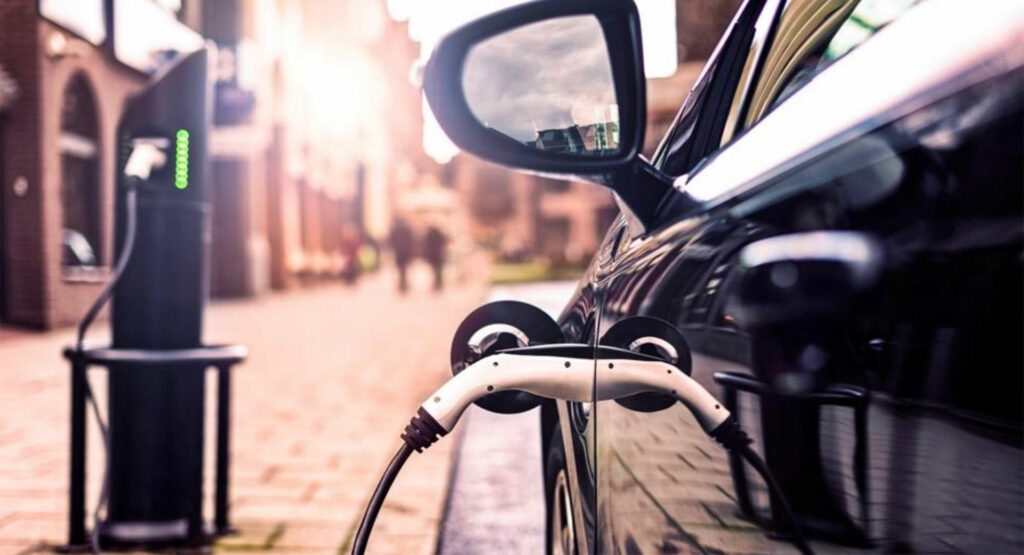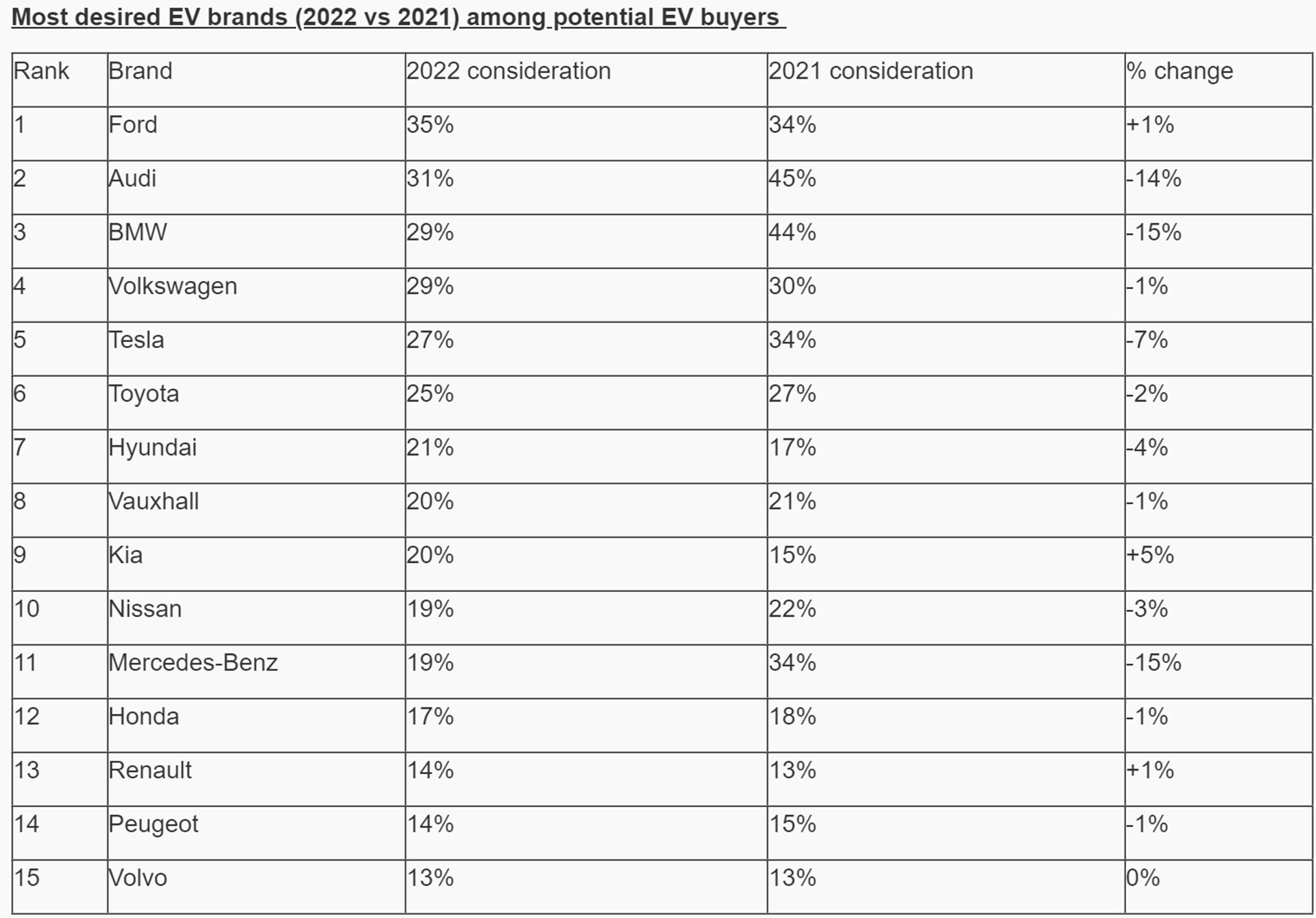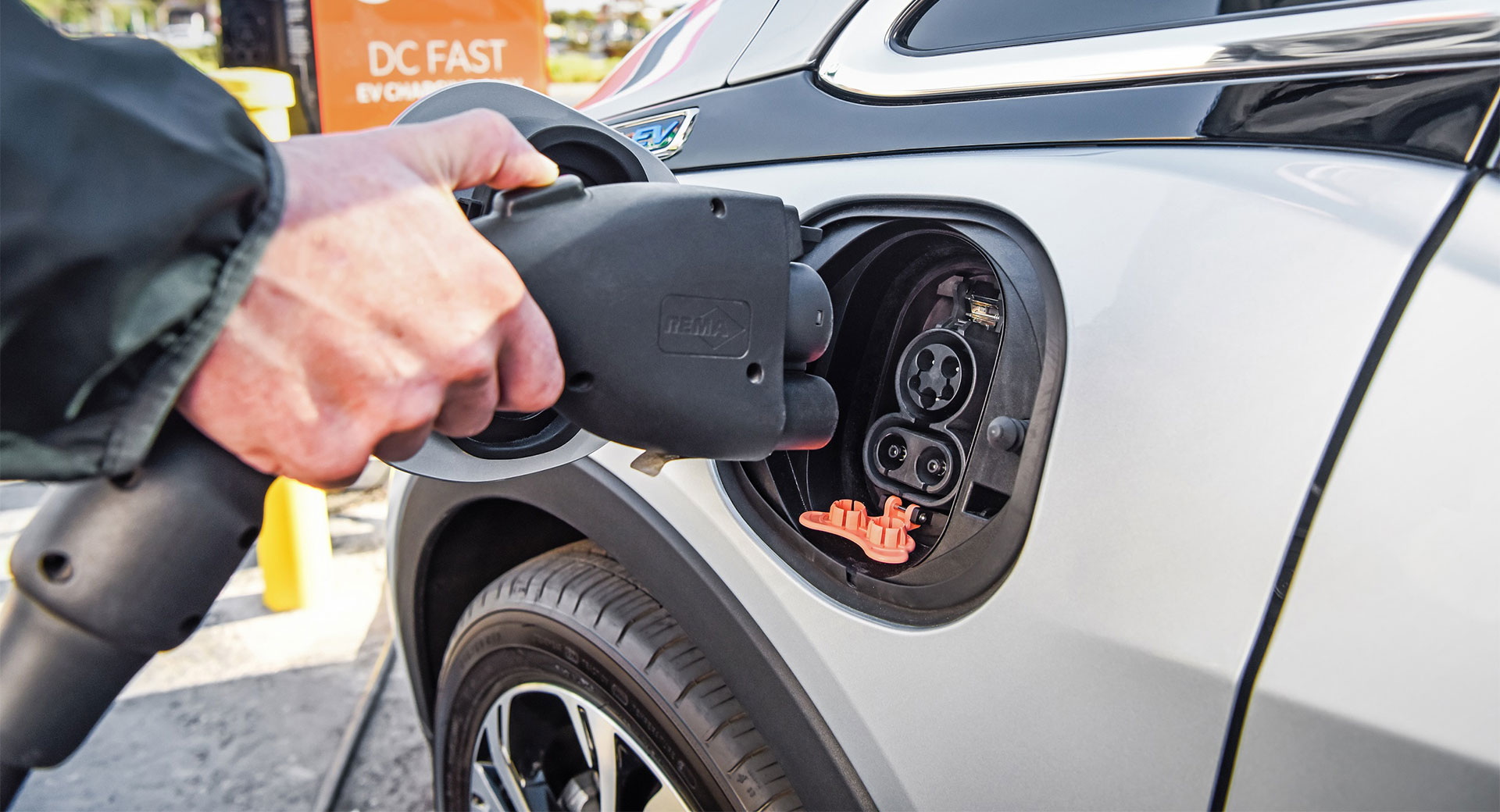British consumers are less interested in electric vehicles than they were a year ago, a new study has found.
Research from CarGurus reveals that 18 to 26-year-olds have waning interest in electric vehicles, noting that the proportion of the younger generation likely to purchase an electric vehicle in the next 10 years has dropped from 74 percent to 56 percent. There has also been a decline in EV interest by Generation Z, with the proportion of those expecting to purchase an EV within 10 years falling by 26 percent compared with 2021.
The study from CarGurus separately revealed that Ford, Audi, and BMW took out the top three spots as the most desired electric vehicle brands among potential EV buyers. Interestingly, interest in EVs from Audi and BMW dropped by 14 percent and 15 percent respectively when compared to 2021. Volkswagen and Tesla were named as the most desired EV brands but interest in them also fell by 1 percent and 7 percent respectively.
A total of 963 car owners throughout the UK were interviewed as part of the study. They revealed that the most important factor that would convince them to convert to electric was the greater availability of charging stations (49 percent), technology improvements in relation to battery range and charge time (47 percent), and cost parity with ICE vehicles (43 percent). Respondents also said that tax incentives and rebates are one of the most effective measures of convincing people to make the switch to an EV.
Interestingly, the proportion of 30-44 year-olds open to purchasing an EV within the next decade increased by 7 percent to 72 percent when compared to 12 months ago.
“Our research shows that we are still noting the same concerns around EVs that we have been hearing since they first started to emerge on the UK market, whether that be the availability of charge stations, or charging capacity improvements,” senior customer insights analyst at CarGurus, Alexandra Howerter said. “Any future improvements to the electric vehicle infrastructure will seemingly have a positive impact on potential EV take up.”





